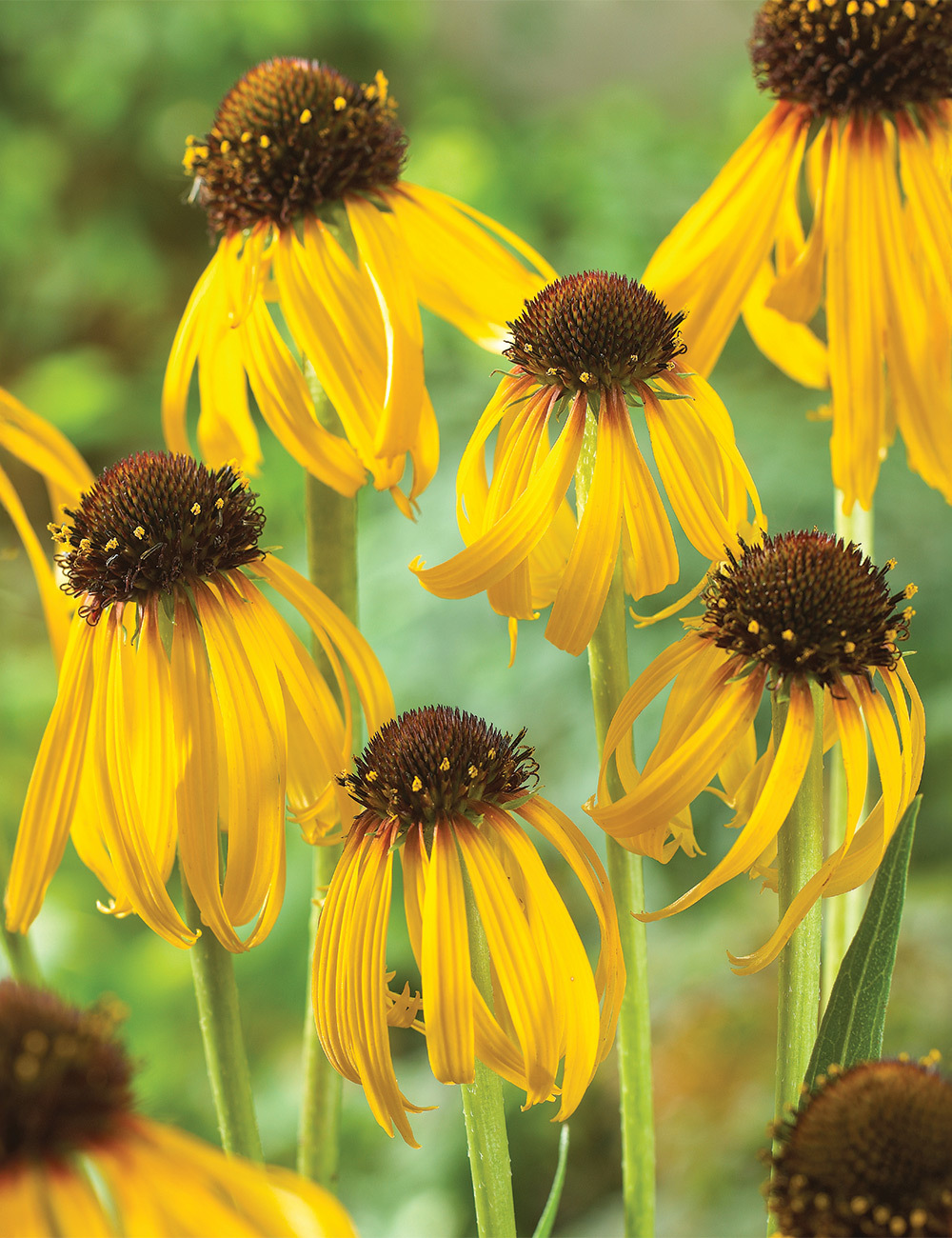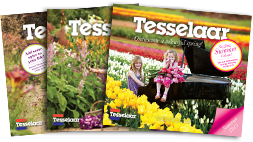
Echinacea 'Paradoxa'
New in 2025.
This product is currently out of stock and unavailable.




Fragrant, sulphur yellow flower heads to 8cm across open freely throughout summer (up to four months) and the seed heads can last through winter. That is tremendous value and is the first of the Echinacea to unfurl.
Echinacea are usually on the pink spectrum and have no perfume so this is a paradox indeed.
Echinacea keeps on giving, with months of flowers as well as viable seed for sowing. The narrow, yellow hang from the from the mounded, bronze cone.
Echinacea flowers are excellent for cutting as they last well in a vase, and can be dried. While the flower season is already quite impressive, cutting blooms and/or deadheading will help to promote more flowers and extend the bloom season (Jan – Mar). Alternatively you can cut it back to half after the first bloom, add some fertiliser and enjoy a second, shorter season into autumn.
You can even choose to allow the flower heads of Echinacea paradoxa var. paradoxa to stay on through winter, as the seed pods will remain decorative right to the end. The hairy leaves grow towards the base of the plant.
Echinacea grows best in full sun. They prosper in a well drained soil that is moderately fertile to humus rich. Water to establish, then only if rainfall is low. Echinacea plants become dry tolerant as they establish.
Echinacea plants are popularly known as Coneflowers. They are native to Eastern and Central North America. Echinacea paradoxa var. paradoxa is commonly known as Yellow Coneflower, Yellow Ribbon Coneflower, Ozark Coneflower and Bush’s Coneflower.
Supplied as: Pots
Size: 10 cm
| Code | EHDPX |
|---|---|
| Botantical name | Echinacea paradoxa |
| Height | 30-90cm |
| Width | 30-45cm |
| Flowers | Late spring to autumn |
| Climate | Cool to Mediterranean |
| Availability | Australia wide |
| Frost hardiness | Fully Hardy |
| Aspect | Full Sun |
| Supplied as | Pots |
| Size | 10 cm |
| Water needs | 1 |

